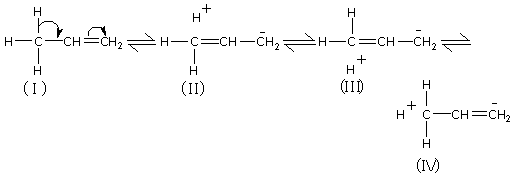Why do we say that an alpha hydrogen is necessary for hyperconjugation? What exactly is an alpha hydrogen? From what I read online, it is the hydrogen attached to a functional group. Why is that required?
For example, in $\ce{CH3-CH=CH2}$, hyperconjugation takes place, but I don't see clearly any functional group that would facilitate it.
Alternatively, in $\ce{CH3-COOH}$ it does not take place.
Why is this?


